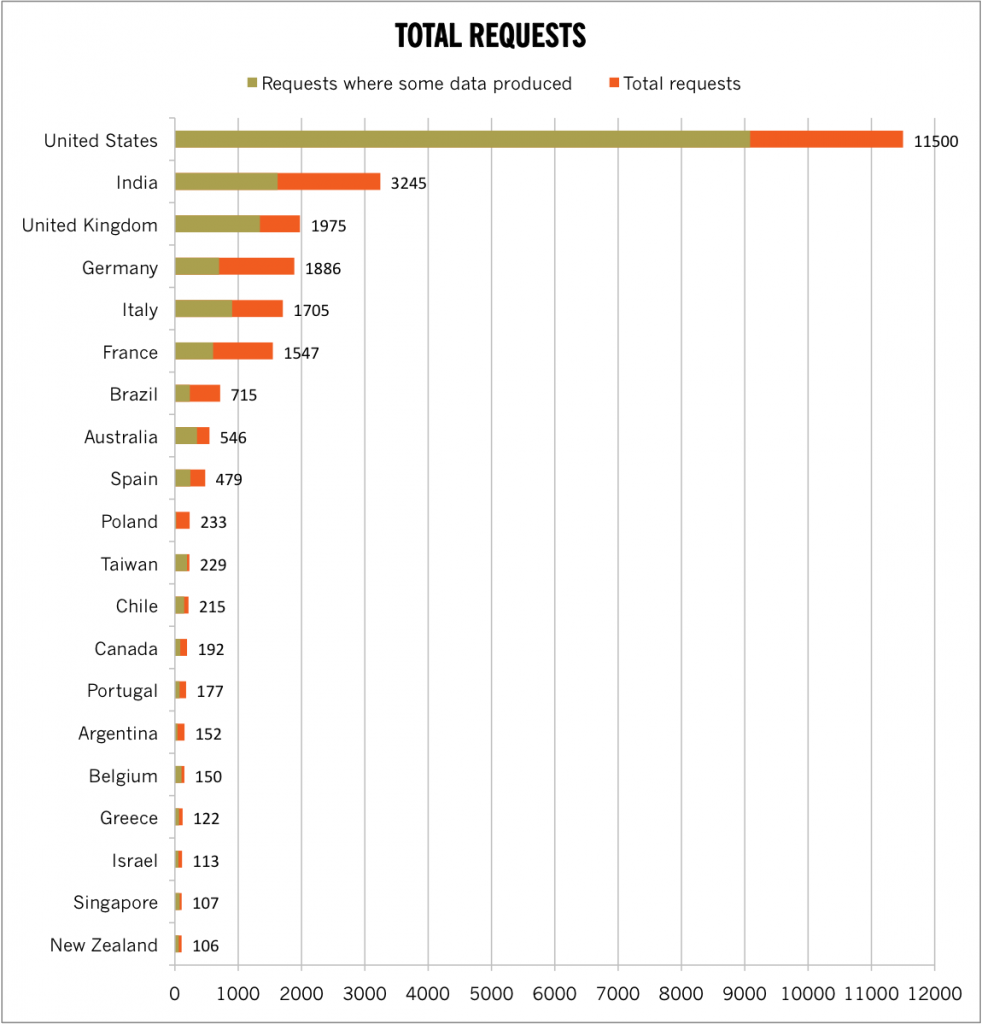China
Chinese Internet users, worried about the implications of the country’s new anti-online rumor policy, are scrambling to “un-verify” their Weibo accounts. The new policy, part of a judicial decision made earlier this month, allows Chinese Internet users to be charged with defamation (and sentenced to up to 3 years in jail) if they post a rumor online that is reposted more than 500 times or visited more than 5000 times. Weibo users with verified accounts—which indicate that the user, generally a celebrity, is who he or she claims to be—are asking the microblogging site to remove their verified status in the hopes that this might prevent them from being as easily identified (and potentially charged with defamation) online.
Germany
More than 20,000 people gathered in Berlin earlier this month to protest against surveillance. Protestors at Freiheit Statt Angst (Freedom Not Fear), organized by a coalition of human rights organizations, political parties, and NGOs, spoke out against the effects of surveillance on press freedom and human rights, among other issues.
Vietnam
Activist Ngo Hao has been sentenced to 15 years in prison on charges of publishing false and defaming information about government officials online and of trying to overthrow the government. Hao is one of at least 35 bloggers and cyberdissidents currently detained in Vietnam.
#imweekly is a regular round-up of news about Internet content controls and activity around the world. To subscribe via RSS, click here.





